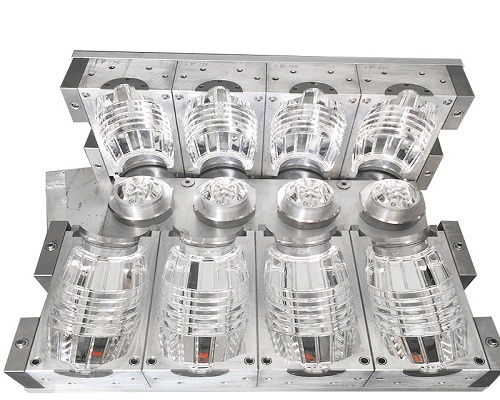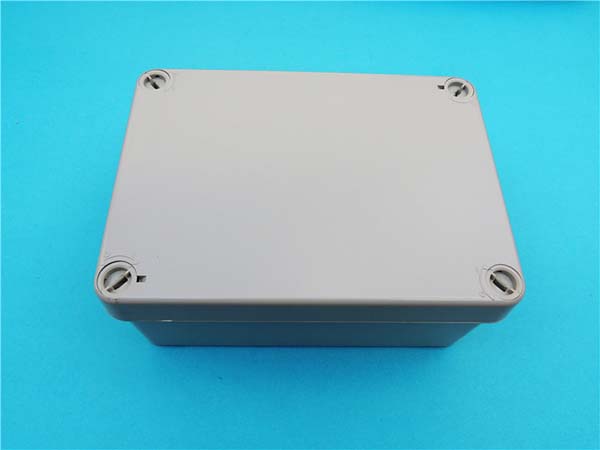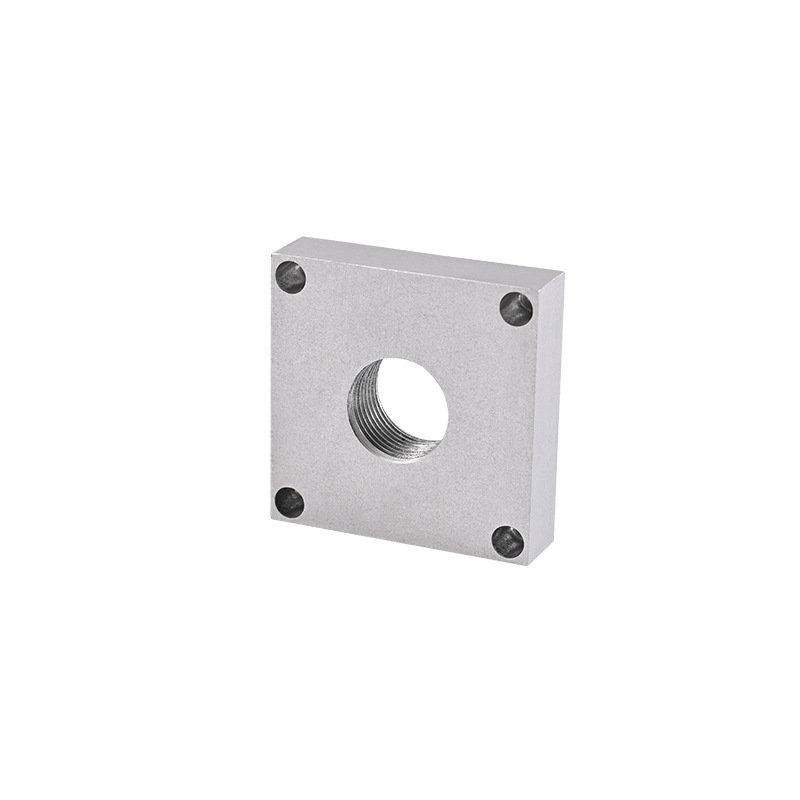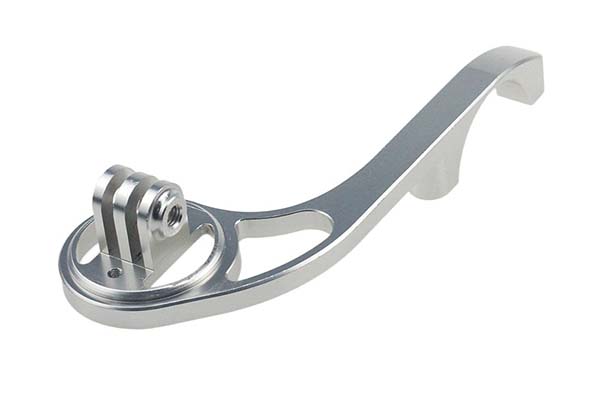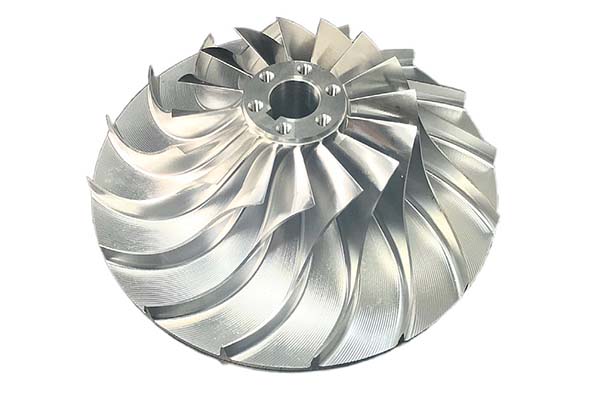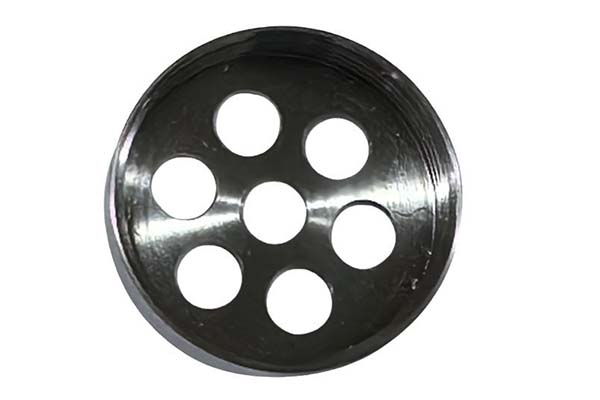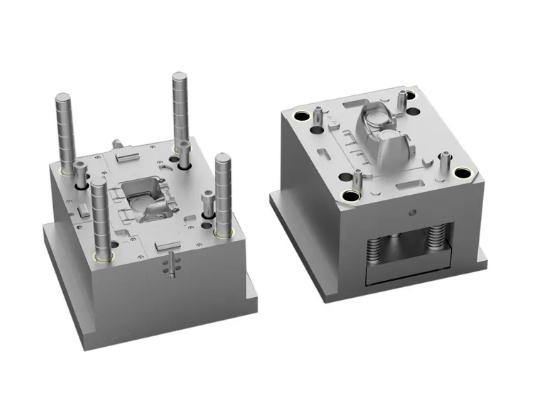Choosing the right material is a cornerstone of successful CNC machining. It’s the critical decision that lies at the intersection of design intent, functional performance, manufacturing efficiency, and final cost. Whether you’re an engineer prototyping a new component or a procurement manager sourcing production parts, navigating the vast landscape of CNC materials can be daunting. This guide cuts through the complexity. We’ll explore the most suitable metals, plastics, and composites, delve into the essential properties that dictate success, and provide a practical framework for optimizing your selection. By understanding the machinability, strength, thermal stability, and cost implications of different CNC materials, you can make informed decisions that ensure your part performs flawlessly and is produced efficiently.
What Materials Are Suitable for CNC Machining?
CNC machining is renowned for its material versatility. Broadly, suitable CNC materials fall into three major families: Metals & Alloys, Engineering Plastics, and Composites. The process can handle everything from soft, free-machining waxes used for molding patterns to ultra-hard superalloys for aerospace. The key is that the material must be rigid enough to be held and cut without excessive deflection and must produce manageable chips or swarf. Common starting points include aluminum for its lightness and machinability, stainless steel for corrosion resistance, and plastics like ABS or Delrin for prototypes and non-metallic applications.
Essential Material Properties to Consider
Selecting a material goes beyond just naming a metal or plastic. You must evaluate how its inherent properties interact with the machining process and the part's end-use. Here are the core properties to analyze:
- Machinability: This is a composite rating of how easily a material can be cut. It affects tool wear, surface finish, production speed, and cost. Materials with good machinability (e.g., 6061 aluminum, brass) produce small, broken chips, while gummy materials (e.g., some stainless steels) require specialized toolpaths and coatings.
- Strength & Hardness: Tensile strength, yield strength, and hardness determine the part's load-bearing capacity. Harder materials are more wear-resistant but can be tougher and slower to machine, increasing tool wear.
- Thermal Properties: Thermal conductivity is vital. Materials like aluminum dissipate heat quickly from the cutting zone, allowing for higher speeds. Plastics and stainless steels, with lower conductivity, require careful management to avoid melting or work hardening.
- Chemical & Corrosion Resistance: Will the part face moisture, chemicals, or outdoor exposure? This dictates choices like stainless steel over carbon steel or PEEK over nylon.
- Cost & Availability: Material cost is a direct input. A premium aerospace alloy like Titanium 6Al-4V can cost 10-15 times more per kilogram than 6061 aluminum. Also, consider stock size availability to minimize waste.
Which Metal Alloys Offer the Best Machinability?
Metals are the workhorses of CNC machining. Their machinability is often quantified relative to a benchmark (e.g., AISI 1212 steel). Let's break down the top performers:
| Material Category | Specific Alloy | Key Properties | Machinability Rating (Relative) | Ideal Applications |
|---|---|---|---|---|
| Aluminum | 6061-T6 | Good strength, excellent corrosion resistance, lightweight, high thermal conductivity. | Excellent | Prototypes, automotive parts, aerospace frames, consumer electronics. |
| Aluminum | 7075-T6 | Very high strength (comparable to steel), good fatigue strength. | Good (harder than 6061) | Aerospace structural components, high-performance bicycle parts. |
| Steel (Mild) | AISI 1045 | Good tensile strength, can be heat treated, cost-effective. | Good | Shafts, gears, bolts, general machinery parts. |
| Steel (Stainless) | 304 / 316 | Excellent corrosion resistance, good toughness. | Fair (can work-harden) | Medical devices, food processing equipment, marine hardware. |
| Steel (Tool) | AISI 4140 | High strength, excellent toughness, responsive to heat treatment. | Good (when annealed) | Dies, molds, high-stress automotive parts. |
| Brass | C36000 | Excellent corrosion resistance, high thermal conductivity, very good finish. | Outstanding | Plumbing fittings, electrical components, decorative hardware. |
Expert Insight: In a recent project for a precision optical mount, we needed a material with exceptional dimensional stability and good machinability for thin walls. While aluminum 6061 was the first thought, its higher thermal expansion coefficient posed a risk. We switched to brass C360, which offered superior thermal stability for the machining process and in the application's varying lab temperatures, resulting in a first-pass-success part with no post-machining distortion.
Can Engineering Plastics Meet CNC Demands?
Absolutely. Engineering plastics are not just cheap substitutes; they offer unique properties metals cannot. They are lightweight, corrosion-proof, electrically insulating, and often allow for faster machining speeds.
- POM (Acetal/Delrin): The "machinist's plastic." It offers excellent dimensional stability, low friction, and a good balance of toughness and stiffness. It machines to a smooth, precise finish, making it ideal for gears, bushings, and jigs.
- Nylon (PA 6/66): Known for its toughness, wear resistance, and flexibility. It's more hygroscopic (absorbs moisture) than POM, which can affect dimensions, so pre-machining conditioning is often needed.
- PEEK: A high-performance superstar. It retains strength at high temperatures, is highly chemical resistant, and is biocompatible. Its high temperature resistance makes it perfect for aerospace, automotive, and medical implants, though it is more challenging and costly to machine.
- ABS & Polycarbonate (PC): Common for prototyping and enclosures. ABS is tough and easy to machine; PC offers incredible impact strength and clarity.
The main challenge with plastics is heat management. Unlike metals, they don't dissipate heat well. Without proper coolant strategies (often using compressed air or mist), plastics can melt, gum up tools, or develop internal stresses.
How Are Composite Materials Revolutionizing CNC?
Composites, like carbon fiber reinforced polymers (CFRP) and fiberglass, are pushing CNC into new frontiers. These materials combine a polymer matrix (like epoxy) with reinforcing fibers, creating parts with exceptional strength-to-weight ratios—often stronger than steel at a fraction of the weight.
CNC machining is the primary method for finishing composite parts after they are molded, requiring drilling holes, trimming edges, and achieving tight-tolerance features. However, machining composites is a specialty:
- Challenge: The abrasive carbon fibers rapidly wear down standard tooling. The layered structure can also delaminate if cut improperly.
- Solution: Using polycrystalline diamond (PCD) tipped tools, optimized feed/speed rates, and specialized clamping to prevent fraying. The dust created also requires dedicated extraction systems for operator safety.
- Application: This is now standard in high-performance industries. For instance, we recently machined attachment points on a CFRP drone arm. The goal was to achieve a perfect lightweight yet strong interface with the motor mounts without compromising the integrity of the cured laminate, which required a custom vacuum fixture and diamond-coated end mills.
Optimizing Material Selection for Cost and Quality
The "best" material is always a balance. Follow this decision framework:
- Define Non-Negotiables: List the absolute requirements: "Must withstand 200°C," "Must be FDA compliant," "Must have a tensile strength > 500 MPa." This immediately narrows the field.
- Evaluate Machinability vs. Performance: A stronger, harder alloy may fulfill #1 but double machining time and cost. Sometimes, a slightly "less ideal" material that machines beautifully results in a more reliable and affordable part.
- Consider the Entire Process: Does the material require post-processing? For example, 7075 aluminum often needs anodizing for corrosion protection, adding cost. A corrosion-resistant plastic might be a simpler, total-cost solution.
- Prototype Strategically: Use a less expensive, easy-to-machine material (like 6061 aluminum or ABS) for form-and-fit prototypes. For functional testing, you must use a grade close to the final material to validate performance.
Case Study: A client needed 500 sensor housings. The initial spec was 316 stainless for extreme corrosion resistance. Analysis showed the environment was only mildly corrosive. We proposed Anodized 6061 Aluminum. It passed the corrosion test at a 40% lower material cost and could be machined 60% faster, reducing the unit price by over 50% while meeting all functional goals.
Conclusion
The world of CNC materials is rich and nuanced. There is no universal "best" choice, only the optimal one for your specific project's cocktail of function, environment, budget, and timeline. By systematically weighing material properties like machinability, thermal stability, and strength-to-weight ratio against your core requirements, you transform material selection from a guessing game into a strategic engineering decision. Start with the non-negotiable functional needs, understand how each material family behaves under the cutting tool, and never underestimate the cost implications of both the raw stock and its machinability. This informed approach ensures your CNC-machined part is not just made, but engineered for success.
FAQ on CNC Materials
What is the most important property for CNC machining?
While strength and application fit are crucial, machinability is the most critical property for the manufacturing process itself. It directly determines production speed, surface finish quality, tooling costs, and ultimately, the part's final price.
Can you machine hardened steel on a CNC?
Yes, but it requires specialized equipment and processes like hard milling. It is performed with very rigid machines, specific toolpaths, and carbide or CBN tools. It's often more cost-effective to machine the part in an annealed (softer) state and then heat treat it to final hardness, followed by a grinding or finishing operation if tolerances are tight.
What is the best plastic for high-precision CNC parts?
POM (Acetal/Delrin) is widely regarded as the best for precision due to its excellent dimensional stability, low moisture absorption, and ability to be machined to very tight tolerances with a superb surface finish.
Why is aluminum so popular in CNC machining?
Aluminum, particularly 6061, hits a sweet spot. It offers a great combination of good strength, light weight, excellent machinability (leading to fast production), good corrosion resistance, and relatively low cost. This makes it the default choice for a vast range of applications from prototypes to end-use parts.
Are composite materials like carbon fiber expensive to machine?
Yes, machining composites is typically more expensive than metals or standard plastics. This is due to the high cost of specialized tooling (like PCD tools) needed to withstand abrasion, the slower required machining speeds to prevent damage, and the need for advanced dust collection systems. The value lies in the unparalleled strength-to-weight ratio of the final part.
Contact Yigu technology for custom manufacturing.
Struggling to select the perfect material for your CNC machined component? Let Yigu Technology's expertise guide you. Our team of experienced engineers and machinists doesn't just cut metal—we partner with you to analyze your design, application environment, and budget constraints to recommend the optimal CNC materials and manufacturing strategy. We combine deep technical knowledge of machinability and material science with a practical focus on cost-effectiveness and quality assurance.
From prototyping in aluminum or engineering plastics to production runs in exotic alloys or advanced composites, we have the capability and the know-how. We ensure your parts are not only made to print but are engineered for performance, durability, and value.
Ready to optimize your next project? Submit your drawings and requirements today for a comprehensive design-for-manufacturability (DFM) feedback and a competitive quote. Let's build something remarkable together.
